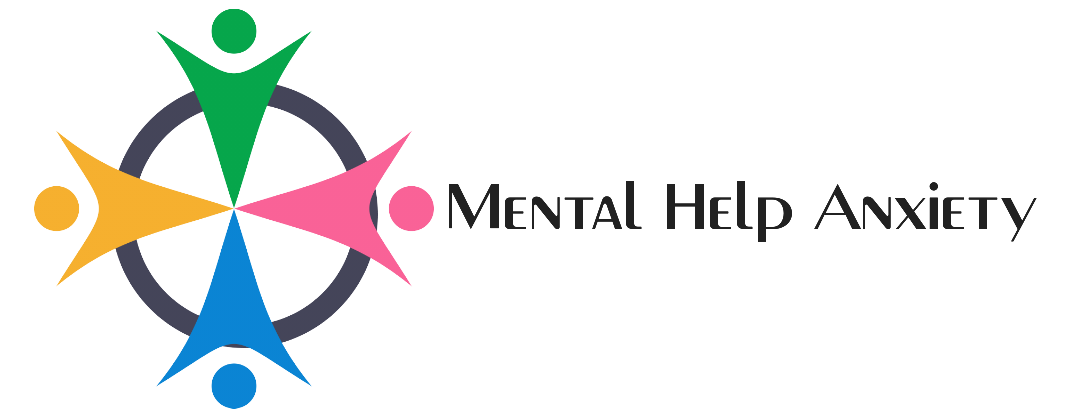Psychological shock, or acute stress reaction, is the body and mind’s immediate response to a traumatic or overwhelming event. It can manifest in various ways, depending on the individual’s experiences, mental resilience, and the nature of the event. Your decision to seek knowledge about the different types of psychological shock is a powerful tool that can aid in recognizing symptoms and seeking appropriate help, empowering you with the knowledge to navigate these challenging situations.
- Traumatic Shock
Traumatic shock occurs after experiencing or witnessing a profoundly distressing event, such as an accident, natural disaster, assault, or war. Feelings of numbness, detachment, and confusion characterize it. Individuals may struggle to process what happened, feeling emotionally “frozen.” This type of shock often serves as the mind’s way of temporarily shielding itself from the full weight of the trauma.
Symptoms include disorientation, lack of emotional response, and hypervigilance. If untreated, traumatic shock can lead to conditions like post-traumatic stress disorder (PTSD).
- Emotional Shock
Emotional shock arises from unexpected and highly emotional news or events, such as the death of a loved one, a breakup, or betrayal. The emotional intensity can overwhelm the mind, leading to disbelief, denial, or even physical symptoms like chest pain or dizziness.
This shock may not always stem from physical danger but can still disrupt an individual’s psychological balance. In these moments, your support and reassurance are critical in helping someone recover from emotional shock and fostering a compassionate and supportive environment.
- Cultural Shock
Cultural shock, or culture shock, occurs when individuals face unfamiliar cultural environments, such as moving to a new country or entering a drastically different community. This shock stems from difficulty adapting to new social norms, language, or behaviors.
Feelings of isolation, anxiety, and frustration are common during cultural shock. Over time, cultural shock can evolve into cultural adjustment as individuals familiarize themselves with their new environment. Cultural adjustment is not just about adapting to a new culture, but also about learning the language, understanding the social norms, and finding a sense of belonging in the new community. However, in severe cases, cultural shock may lead to prolonged stress or depression.
- Medical Shock
Medical shock involves the psychological impact of sudden health crises, such as receiving a life-altering diagnosis, undergoing major surgery, or experiencing chronic illness. The individual may feel overwhelmed by fear, uncertainty, or grief over changes in their physical condition.Melancholy: The Beauty and Burden of Sadness
This type of shock often intersects with physical health challenges, making psychological support an essential part of recovery.
- Collective Shock
Collective shock refers to the shared psychological impact experienced by groups or communities after large-scale events, such as the 9/11 terrorist attacks, the 2004 Indian Ocean tsunami, or the ongoing COVID-19 pandemic. People affected by collective shock often experience heightened anxiety, grief, and a sense of vulnerability. For instance, the 9/11 attacks led to a collective shock in the United States, with people across the country feeling a deep sense of loss and vulnerability.
The shared nature of this shock can lead to communal coping mechanisms, such as mutual aid or public memorials, but it can also exacerbate stress if resources and support are scarce.
Coping and Recovery
Recovering from psychological shock requires time and support. Immediate steps include creating a safe and stable environment, which may involve removing oneself from the triggering situation or seeking a safe space, encouraging open communication, and seeking professional help when necessary. This could involve reaching out to a therapist or counselor, or contacting a mental health hotline. Therapies such as cognitive-behavioral therapy (CBT) or trauma-focused therapy can be beneficial. In cases where symptoms persist, remember that seeking early intervention is not just important; it’s vital to prevent long-term psychological issues. It’s a proactive step that shows responsibility for your mental health.


